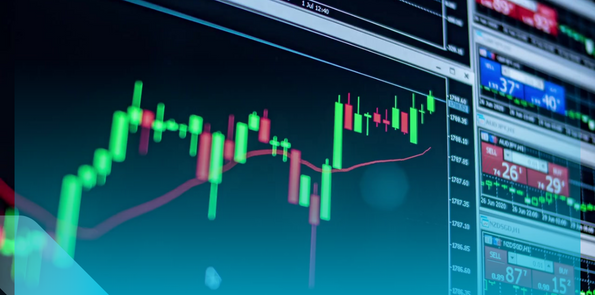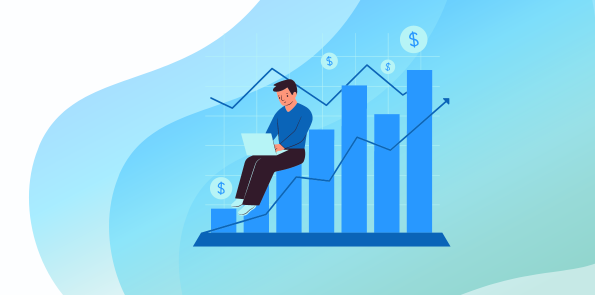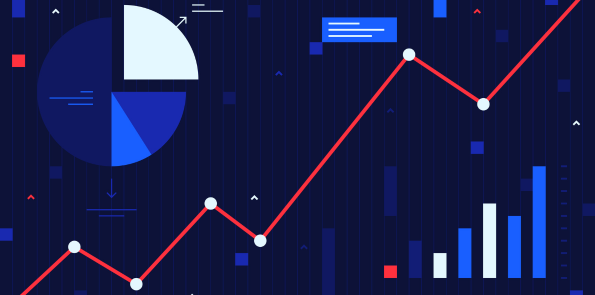Forex Trading Essentials: A Beginner's Guide to Currency Markets

Market Research
Forex Trading Essentials: A Beginner's Guide to Currency Markets
Introduction
Forex trading, also known as foreign exchange trading, is the buying and selling of currencies on the global market. It is a decentralized market where currencies are traded electronically. Forex trading can be highly lucrative, but it can also be risky if you don't have a solid understanding of the market. This article will serve as a beginner's guide to forex trading, covering the essential concepts and strategies that every novice trader should know.
The Basics of Forex Trading
What is Forex?
Forex, short for foreign exchange, is the process of converting one currency into another. Currencies are traded in pairs, such as the Euro/US Dollar (EUR/USD) or the British Pound/Japanese Yen (GBP/JPY). The value of a currency pair is determined by its exchange rate, which fluctuates based on supply and demand factors.
Liquidity and Volatility
One of the most attractive aspects of forex trading is its high liquidity. With a daily trading volume of over $5 trillion, the forex market offers plenty of opportunities for traders. Additionally, the forex market is known for its high volatility, which creates ample opportunities for profit.
The Major Currency Pairs
There are several currency pairs that are considered major in the forex market. These pairs include the EUR/USD, GBP/USD, USD/JPY, USD/CHF, and USD/CAD. Major currency pairs are typically the most liquid and have tighter spreads, making them popular among traders.
Getting Started in Forex Trading
Choose a Reliable Broker
Before you can start trading forex, you'll need to choose a reputable broker. Look for a broker that is regulated by a recognized financial authority and offers competitive spreads, a user-friendly trading platform, and access to educational resources.
Start with a Demo Account
As a beginner, it's important to practice trading without risking real money. Most brokers offer demo accounts where you can trade with virtual money. Take advantage of this opportunity to familiarize yourself with the trading platform and test your trading strategies.
Learn Technical and Fundamental Analysis
To become a successful forex trader, you'll need to understand both technical and fundamental analysis. Technical analysis involves studying price charts and using indicators to identify patterns and trends. Fundamental analysis, on the other hand, involves analyzing economic, political, and social factors that can impact currency prices.
Developing a Trading Strategy
Set Realistic Goals
Before you start trading, it's important to set realistic goals. Determine how much time and capital you can dedicate to trading, and set achievable profit targets. Remember, forex trading is not a get-rich-quick scheme, and it requires patience and discipline.
Use Risk Management Techniques
Risk management is a crucial aspect of forex trading. Use stop-loss orders to limit your losses and take-profit orders to secure your profits. Additionally, never risk more than a small percentage of your trading capital on a single trade.
Keep Learning and Adapting
The forex market is constantly evolving, so it's important to stay updated with the latest news and developments. Attend trading webinars, read books and articles, and follow reputable financial news sources to expand your knowledge and improve your trading skills.
Conclusion
Forex trading can be a rewarding venture if approached with the right knowledge and mindset. By understanding the basics of forex trading, choosing a reliable broker, and developing a solid trading strategy, beginners can increase their chances of success in the currency markets. Remember, consistency and continuous learning are key to becoming a profitable forex trader.


